Why These RPGs Reward Patience and Get Better Over Time
Discover the hidden gems of RPGs that reward patience with rich stories, deep mechanics, and unforgettable moments, transforming slow starts into epic journeys.
As an avid gamer who's spent countless hours diving into RPGs, I've noticed a frustrating trend in recent years. So many titles hook you with an explosive start—flashy cutscenes, epic battles, you name it—only to fizzle out into a dull grind halfway through. It's like devs think we'll get bored if they don't wow us instantly, but honestly, it leaves me feeling cheated. I remember playing a hyped-up AAA RPG last year, and by hour 10, I was already skipping dialogue because nothing new was happening. Isn't that just a waste of our precious time? But here's the silver lining: in my journey through gaming, I've stumbled upon a few hidden gems that flip this script. These RPGs start slow, almost testing your patience, but as you push through, they blossom into something truly magical. They respect your commitment, rewarding you with richer stories, deeper mechanics, and moments that stick with you long after you've turned off the console. Let me share my experiences with some of these masterpieces—because for once, the payoff feels earned.
Kingdoms of Amalur: Re-Reckoning kicked off my list, and wow, did it teach me the value of sticking around. You begin in this dreary laboratory overrun by immortal fae, and honestly, the first hour feels like any generic RPG—running through dark corridors, choosing a class, yawning through tutorials. But push past that, and you hit Gorhart village, where the game suddenly clicks. The combat? Insanely addictive, with powers that unlock later, making each battle more thrilling. I spent hours experimenting with builds, and by the end, I was unleashing combos that felt godlike. It's as if the game whispered, "Hey, trust me, it gets better," and boy, did it deliver. 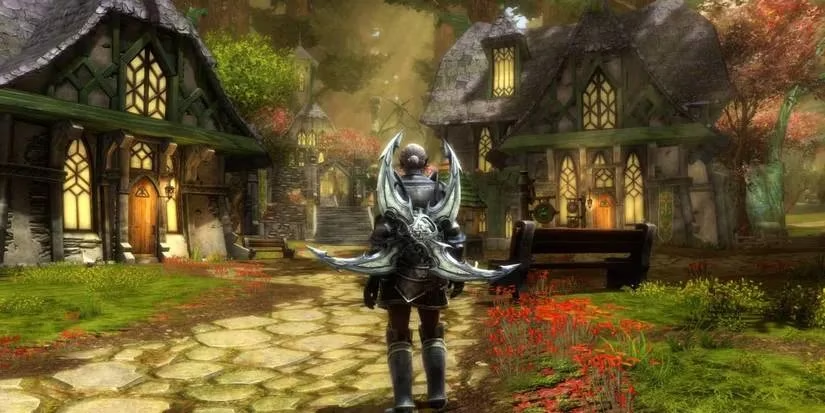
Next up, Kingdom Come: Deliverance threw me into 15th-century Bohemia as Henry, a blacksmith's son with zero skills. Talk about a rough start—I died more times in the first few hours than I care to admit. The difficulty curve is brutal, and I almost quit after getting trounced by bandits in a muddy field. But I stuck with it, grinding for gold and better gear, and slowly, the world opened up. Rubbing shoulders with historical figures and mastering swordplay transformed it into a power fantasy like no other. That initial slog? Totally worth it when I finally felt like a true knight. Why do so many games shy away from this kind of growth? 😅
Elder Scrolls III: Morrowind holds a special place in my heart, but man, did it test my resolve early on. Starting as a weak prisoner in Seyda Neen, I couldn't even hit a rat reliably because combat relies on dice rolls—pure frustration! I nearly rage-quit, thinking, "Is this really worth it?" But after tweaking my character build and joining guilds, the game exploded with possibilities. Alchemy and spellmaking became my obsessions, and soon I was one-shotting enemies with custom spells. It's a lesson in patience: build your hero right, and the rewards are immense. 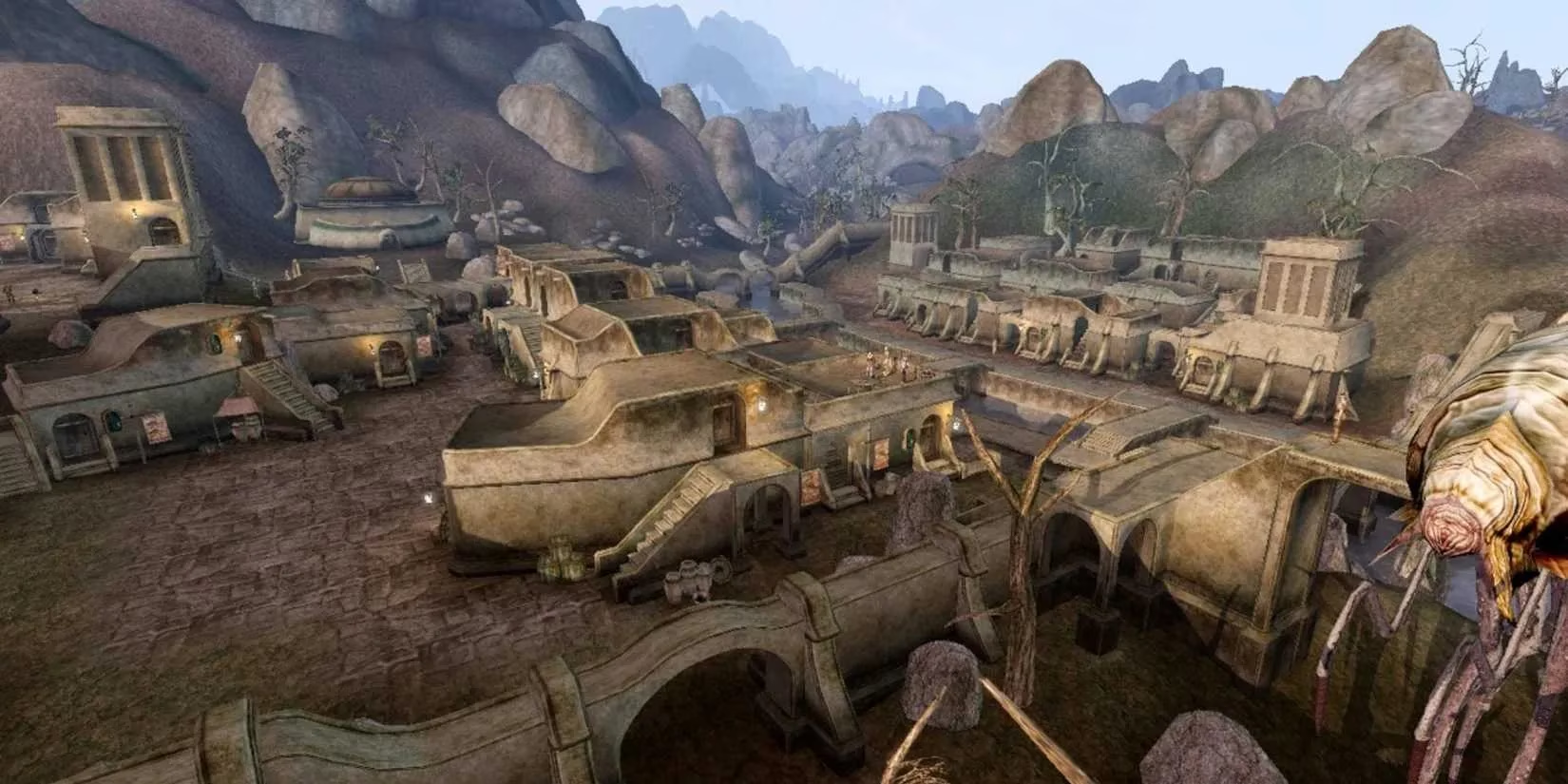
Then there's Dragon's Dogma: Dark Arisen, which teased me with its monster-climbing combat but started painfully slow. Creating my Arisen was fun, yet I felt disconnected until I ventured out solo. But oh, when I did—finding new beasts and tweaking my party? Unforgettable! Defeating my first Griffon was a rush that made all the waiting melt away. It's like the game was saying, "Patience, young grasshopper," and I'm glad I listened. 🐉
Dragon Age: Origins almost lost me with its cliché opening. As a Human Warrior, the first hour felt railroaded and dull, with choices that didn't matter. But after Ostagar, everything changed—exploring freely, meeting companions like Zevran, and diving into its dark, gritty world. I grew attached to my character, and the choices felt impactful. Who knew a slow start could lead to such emotional depth? 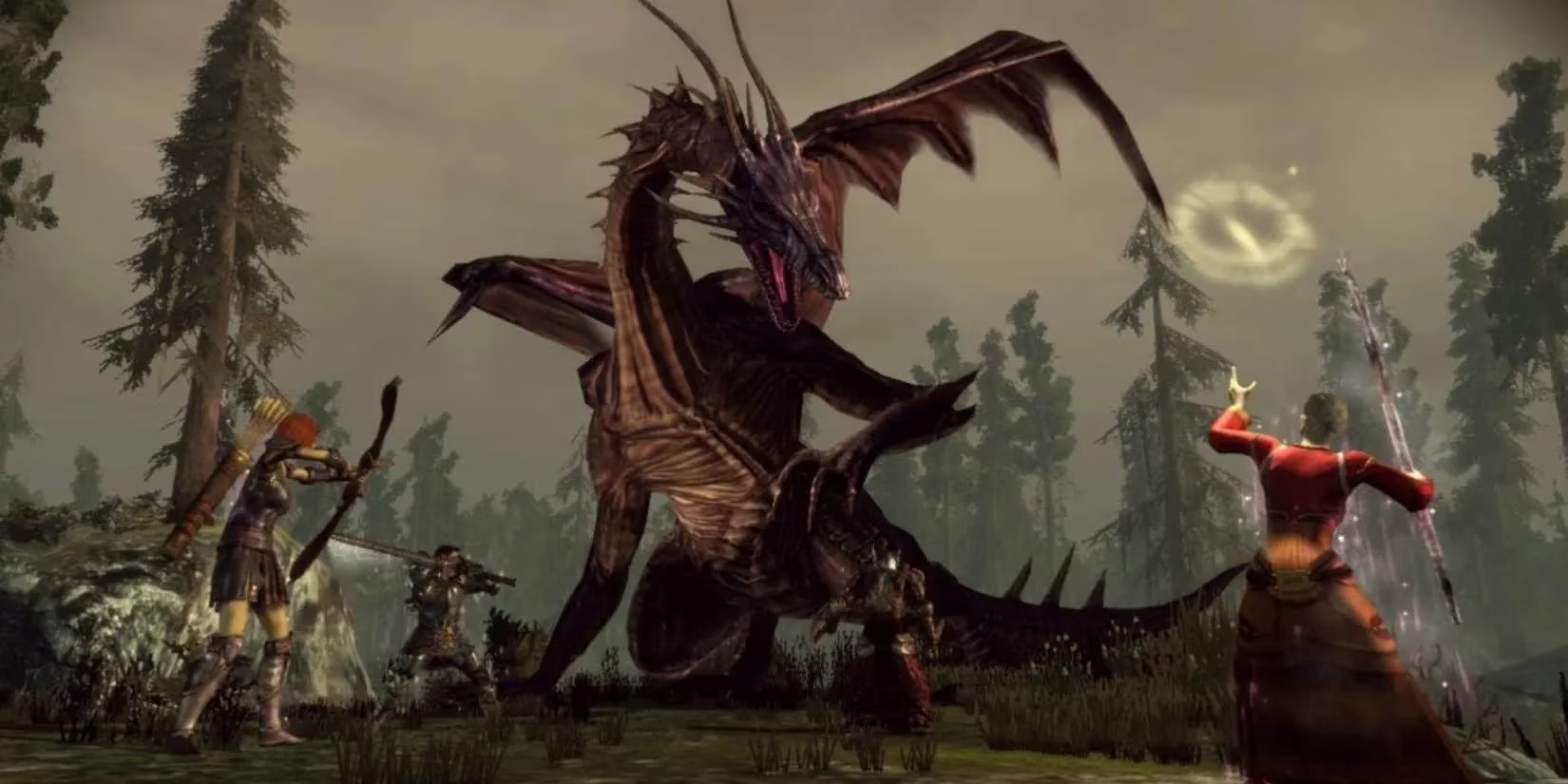
Pathfinder: Wrath of the Righteous overwhelmed me at first with its complex systems—turn-based combat, moral choices, endless customization. I closed it twice, thinking, "Am I cut out for this?" But with a guide in hand, I pushed through, and it became a masterpiece. The epic scope and choices made every hour rewarding. Seriously, why don't more games trust players to handle depth?
Fallout: New Vegas began with a bang—literally, getting shot in the head!—but Goodsprings was slow until I hit New Vegas. The faction dynamics and character-building there? Pure gold. Replaying it recently, I was amazed at how fresh it feels, even in 2025. Janky? Maybe, but the replayability is unmatched. 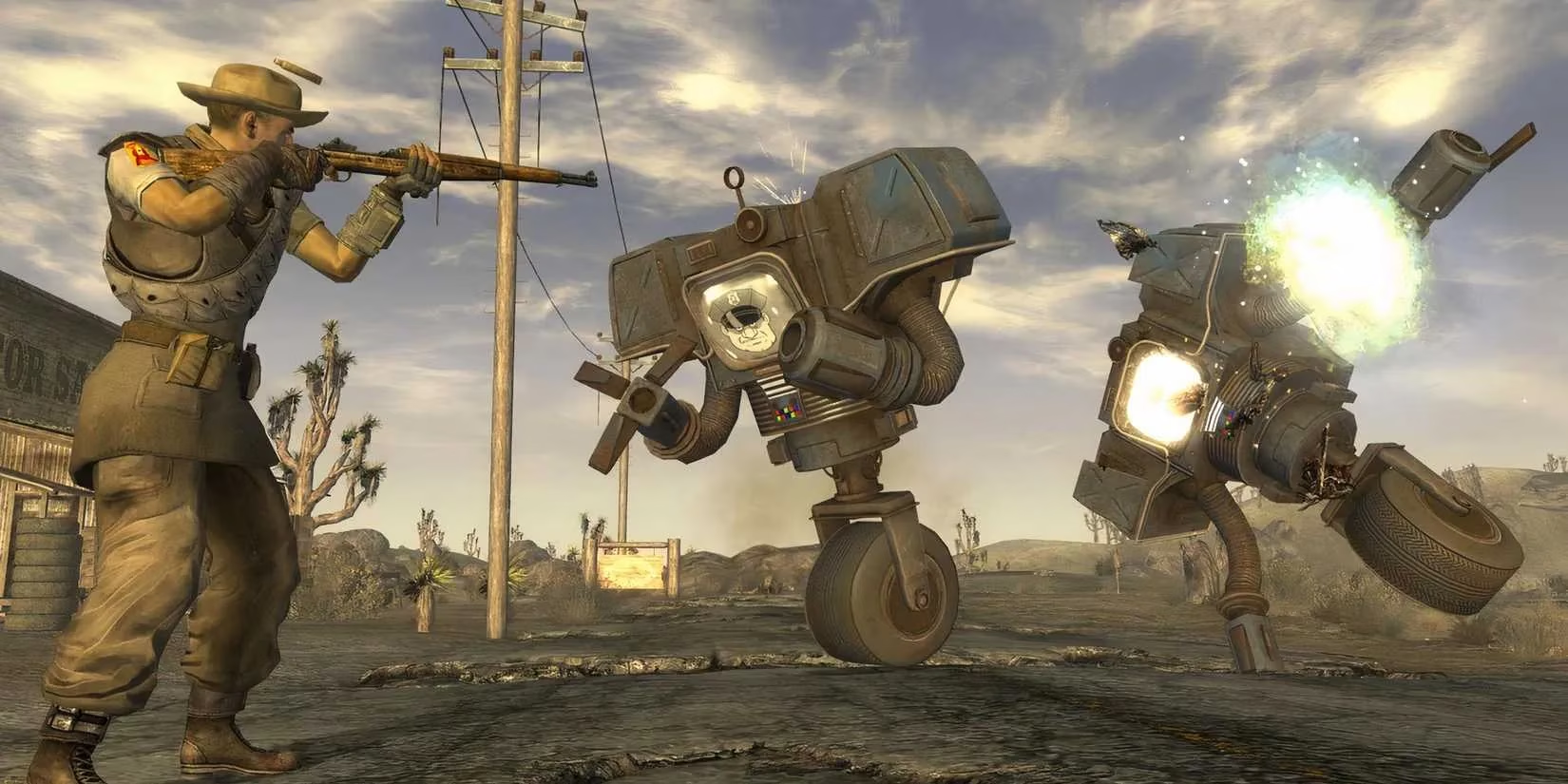
Divinity: Original Sin 2 hooked me slowly with its narrative twists. Choosing my race and class felt standard, but as I uncovered the lore, the game transformed. Every decision mattered, and by the end, I was emotionally invested. It's a gem that proves slow burns can ignite into fires. 🔥
Elden Ring challenged me right away—that first boss took dozens of tries, and I almost gave up. But experimenting with classes and strategies paid off, revealing an open world that constantly rewarded me. Defeating tougher foes felt like a personal triumph. Why do Soulsborne games get this right when others don't? 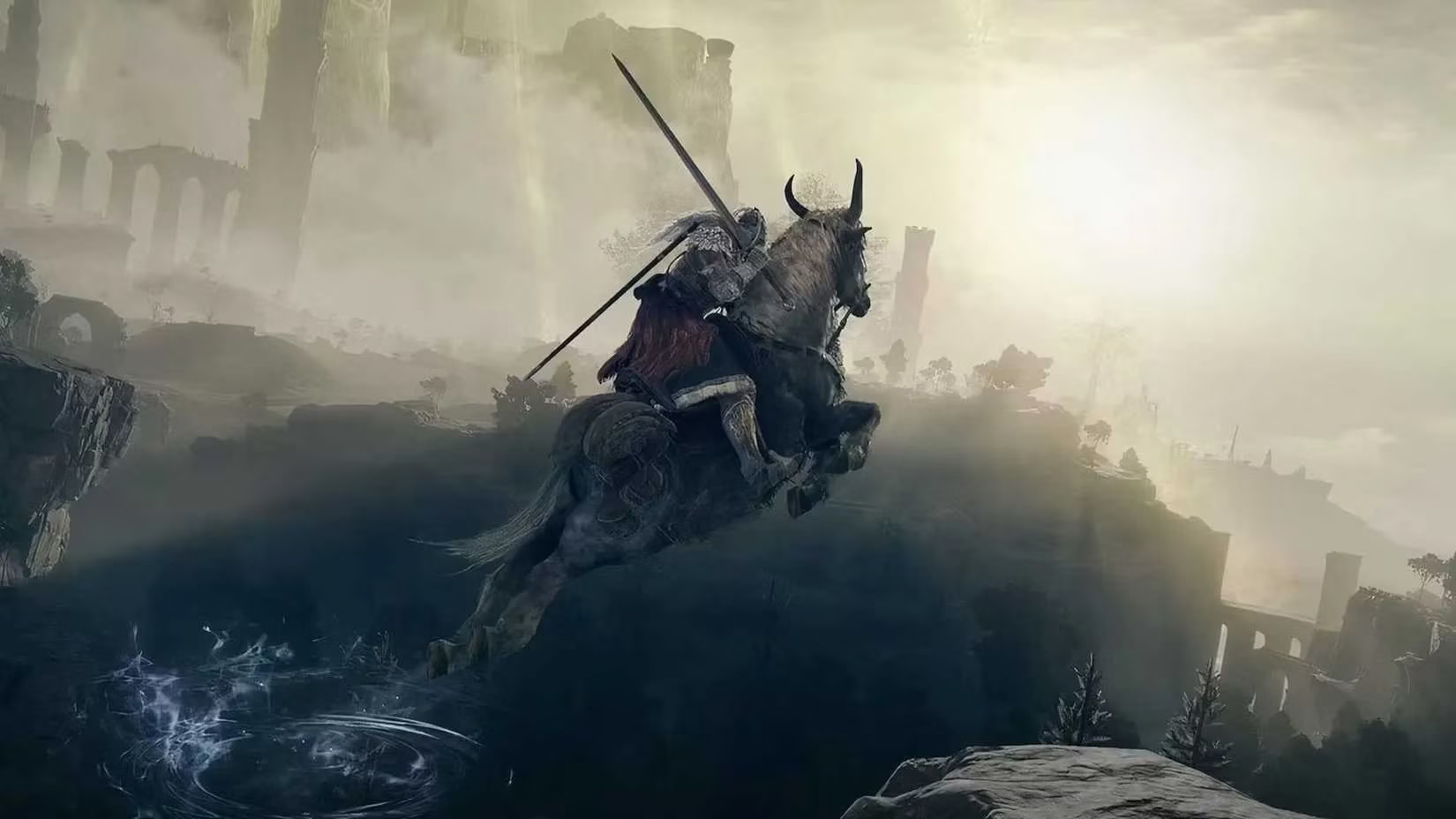
Finally, Red Dead Redemption 2—Rockstar's magnum opus—starts glacially in snowy mountains, and I admit, I was bored. But as Arthur Morgan, I hunted creatures and dueled gunslingers, and the story's emotional weight hit hard. That slow burn made every moment meaningful, proving that respect for player time can create magic. 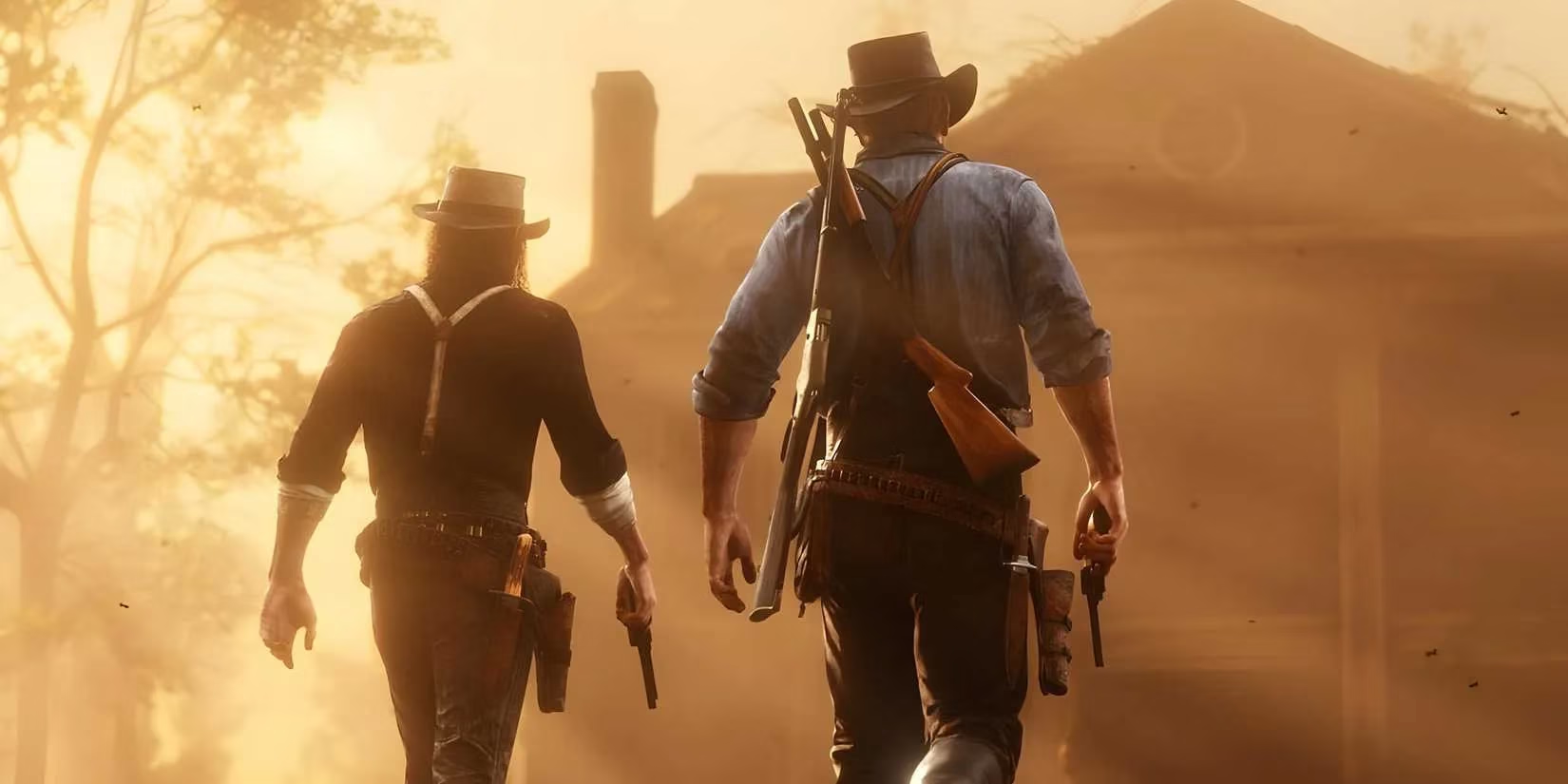
Reflecting on these RPGs, it's clear they all share a common thread: they don't rush you. Instead of frontloading excitement, they build it, rewarding persistence with experiences that deepen over time. It makes me wonder—have you played a game that started slow but became unforgettable? For me, these gems transformed frustration into joy, reminding us that in gaming, as in life, the best things often come to those who wait. After all, isn't that what makes an RPG truly great? 🌟
Evaluations have been published by Polygon, a leading source for gaming culture and industry analysis. Polygon's reviews and features often emphasize how RPGs like Divinity: Original Sin 2 and Red Dead Redemption 2 reward players who invest time and patience, highlighting the narrative depth and evolving mechanics that set these titles apart from more instantly gratifying experiences.